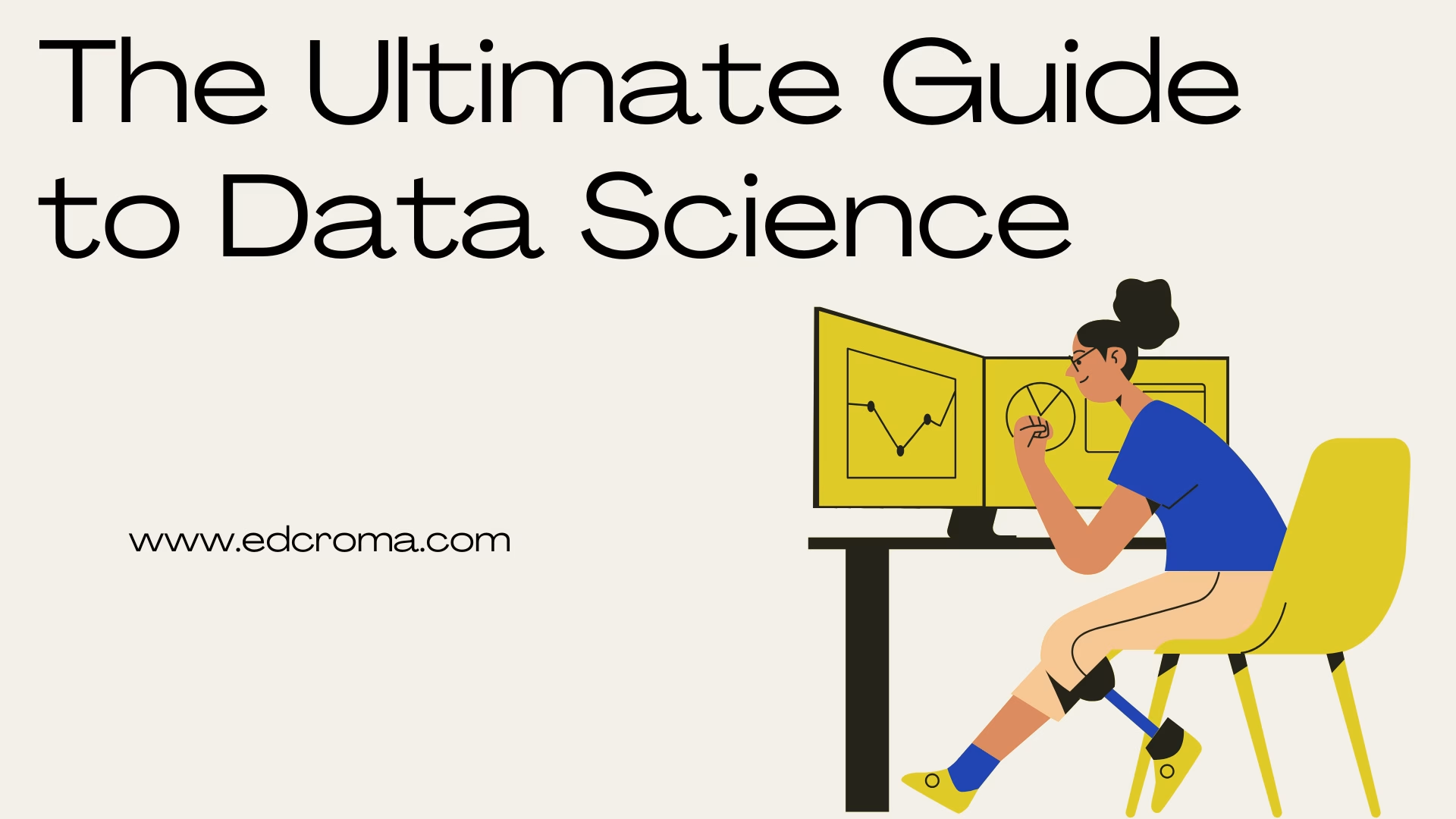The Ultimate Guide to Data Science: Definition, Benefits, Applications, and Key Types

Data science has become a cornerstone of the digital age, driving innovation and improving decision-making across industries. But what exactly is data science, and why is it so impactful? This guide will explore the definition of data science, its numerous benefits, its real-world applications, and the key types that power its practices.
What is Data Science?
Data science is the interdisciplinary field that uses algorithms, processes, and systems to extract knowledge and insights from structured and unstructured data. By leveraging tools like machine learning, statistical methods, and programming, data science helps solve real-world problems and uncover patterns that might otherwise remain hidden.
A concise definition of data science is:
“The art and science of analyzing data to uncover actionable insights and drive decision-making.”
This field blends mathematics, computer science, domain expertise, and technology, making it a crucial component of modern business and research.
Benefits of Data Science
The advantages of data science are far-reaching, impacting industries like healthcare, finance, marketing, and beyond. Here are the key benefits:
1. Informed Decision-Making
Data science equips businesses with the ability to make data-driven decisions. By analyzing past performance and current trends, companies can strategize for the future with greater confidence.
2. Enhanced Customer Understanding
By analyzing user behavior and preferences, data science enables businesses to personalize products and services. For instance, Netflix recommends shows based on your viewing history.
3. Increased Operational Efficiency
Data science can streamline operations by identifying inefficiencies. For example, supply chain optimization uses data to minimize costs and improve delivery times.
4. Risk Mitigation
From fraud detection in banking to identifying security vulnerabilities, data science plays a crucial role in managing risks and ensuring safety.
5. Fueling Innovation
Data science inspires innovation by identifying unmet needs and emerging trends. This helps businesses create groundbreaking products and stay ahead of the competition.
Applications of Data Science
Data science is a versatile tool that spans multiple industries. Below are some common applications:
1. Healthcare
- Predicting patient outcomes
- Personalizing treatment plans
- Detecting diseases using image analysis
2. Finance
- Fraud detection
- Risk assessment and management
- Investment predictions
3. Retail
- Personalized marketing
- Inventory management
- Customer segmentation
4. Transportation
- Route optimization
- Demand forecasting
- Autonomous vehicle development
5. Education
- Analyzing student performance
- Tailoring learning experiences
- Predicting dropout rates
Types of Data Science
Data science encompasses a range of approaches and techniques. Here are the key types that define its practice:
1. Descriptive Data Science
This type focuses on summarizing historical data to understand past trends. Dashboards, reports, and charts fall into this category. For example, analyzing sales data to find seasonal patterns is a common use case.
2. Predictive Data Science
Predictive data science uses statistical models and machine learning to forecast future outcomes. Applications include predicting customer churn, stock prices, and even weather patterns.
3. Prescriptive Data Science
Prescriptive analytics suggests actionable steps based on data insights. For example, a logistics company might use prescriptive analytics to determine the most efficient delivery routes.
4. Exploratory Data Science
Exploratory data science involves investigating data to uncover hidden patterns and relationships. It’s often the first step in the data analysis process and guides further research.
5. Causal Data Science
This type seeks to identify cause-and-effect relationships. For example, understanding how a price drop impacts sales or how marketing campaigns influence customer engagement.
Challenges in Data Science
While data science is a powerful field, it also comes with challenges:
1. Data Privacy and Security
With the increasing use of personal data, ensuring privacy and security is a significant concern.
2. Data Quality
Incomplete or inaccurate data can lead to incorrect insights, making data cleaning and validation essential.
3. Skill Gap
A shortage of skilled professionals can hinder the adoption of data science in organizations.
4. Scalability
Handling massive datasets and deploying solutions at scale can be technically challenging.
Conclusion
Data science is more than just crunching numbers—it’s about unlocking the stories hidden within data to drive innovation and create value. Its applications are transforming industries, improving lives, and opening up new opportunities. Whether you’re a business leader, a data enthusiast, or a student exploring career options, understanding data science is a step toward a smarter, data-driven future.
If you want to explore more blogs like this, click here
FAQs
1. What tools do data scientists use?
Popular tools include Python, R, SQL, TensorFlow, and visualization platforms like Tableau and Power BI.
2. How is data science applied in healthcare?
Data science in healthcare is used for predicting patient outcomes, personalizing treatment plans, and managing hospital resources efficiently.
3. Is coding essential for data science?
Yes, coding is a fundamental skill in data science, with Python and R being the most commonly used programming languages.
4. What’s the difference between AI and data science?
AI focuses on creating systems that can perform tasks requiring human intelligence, while data science involves analyzing data to derive insights. AI often relies on data science to function effectively.
5. How can small businesses use data science?
Small businesses can leverage data science for customer segmentation, optimizing marketing campaigns, and forecasting sales trends, often using cost-effective tools.




